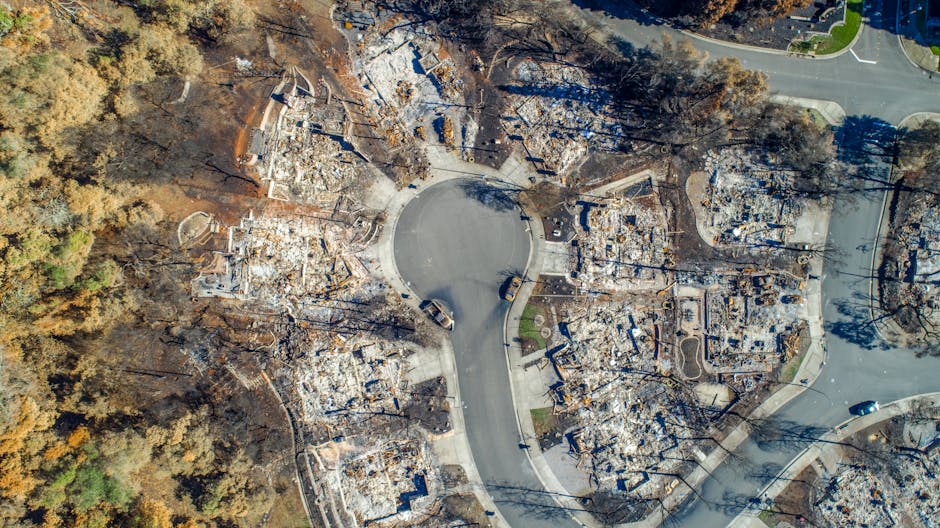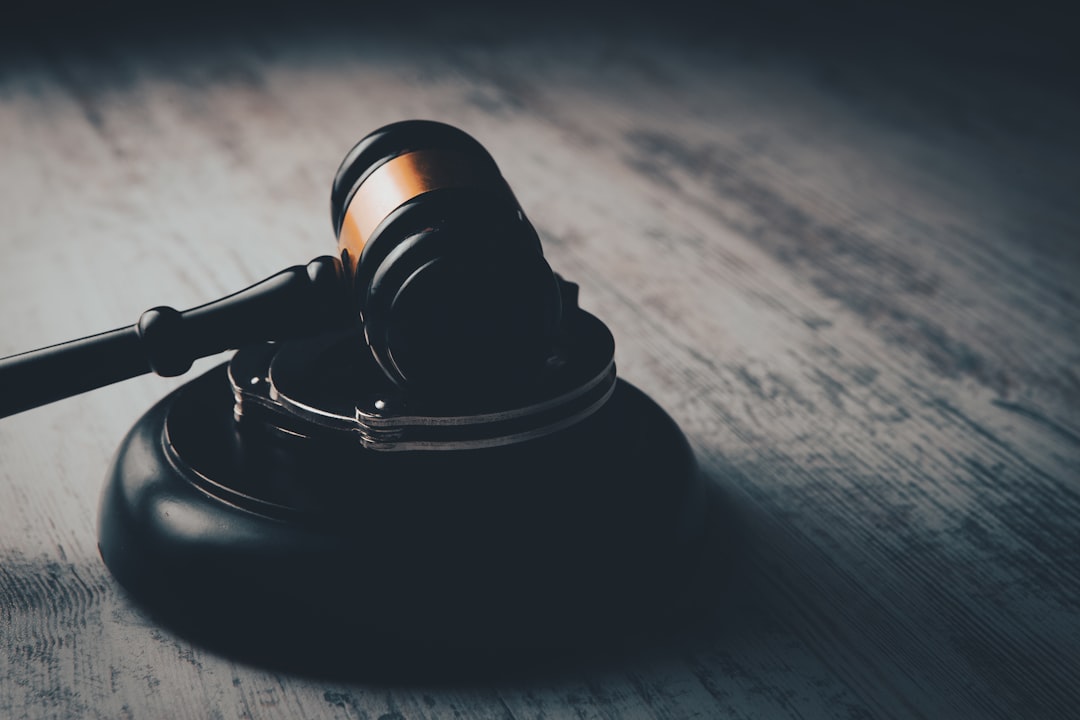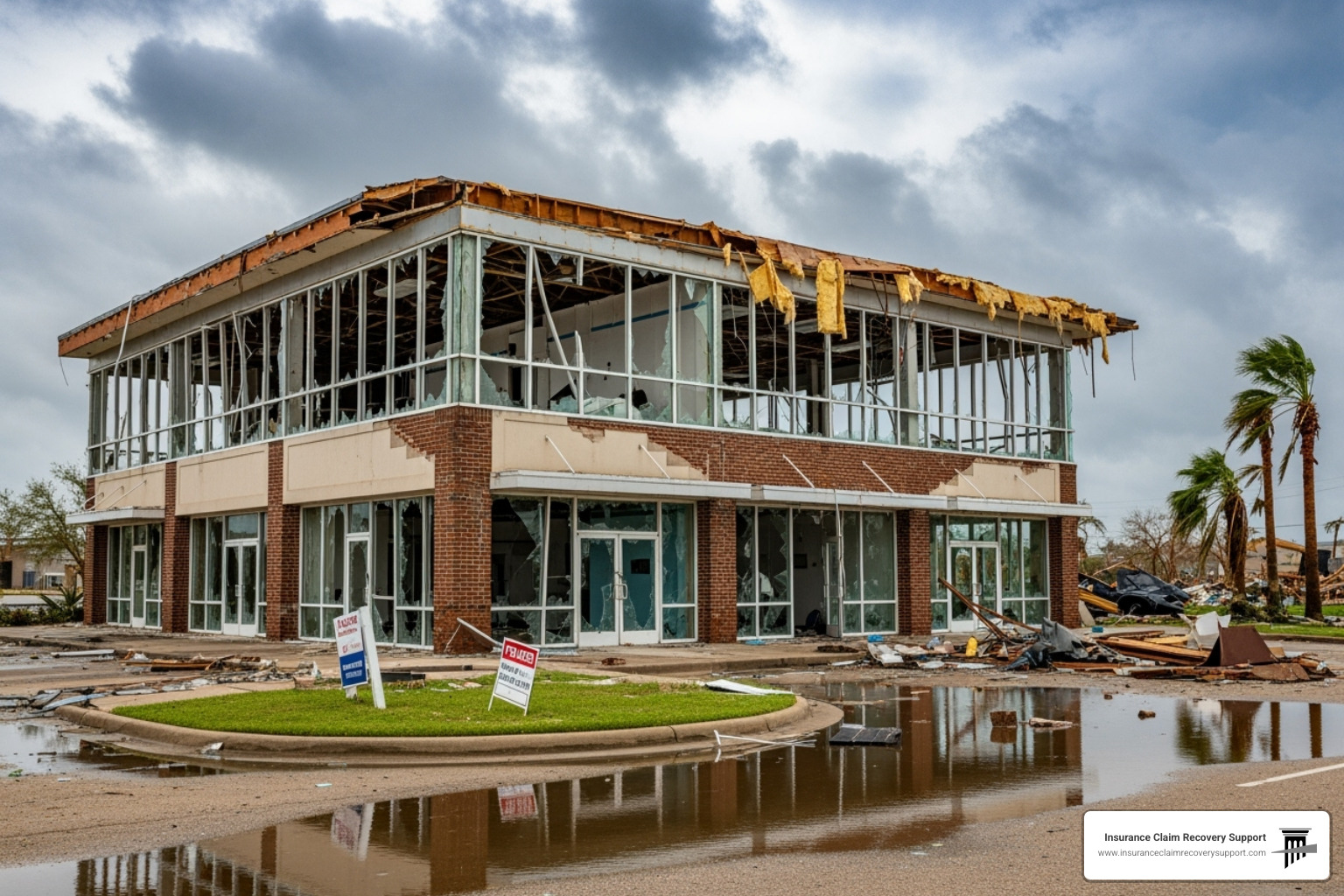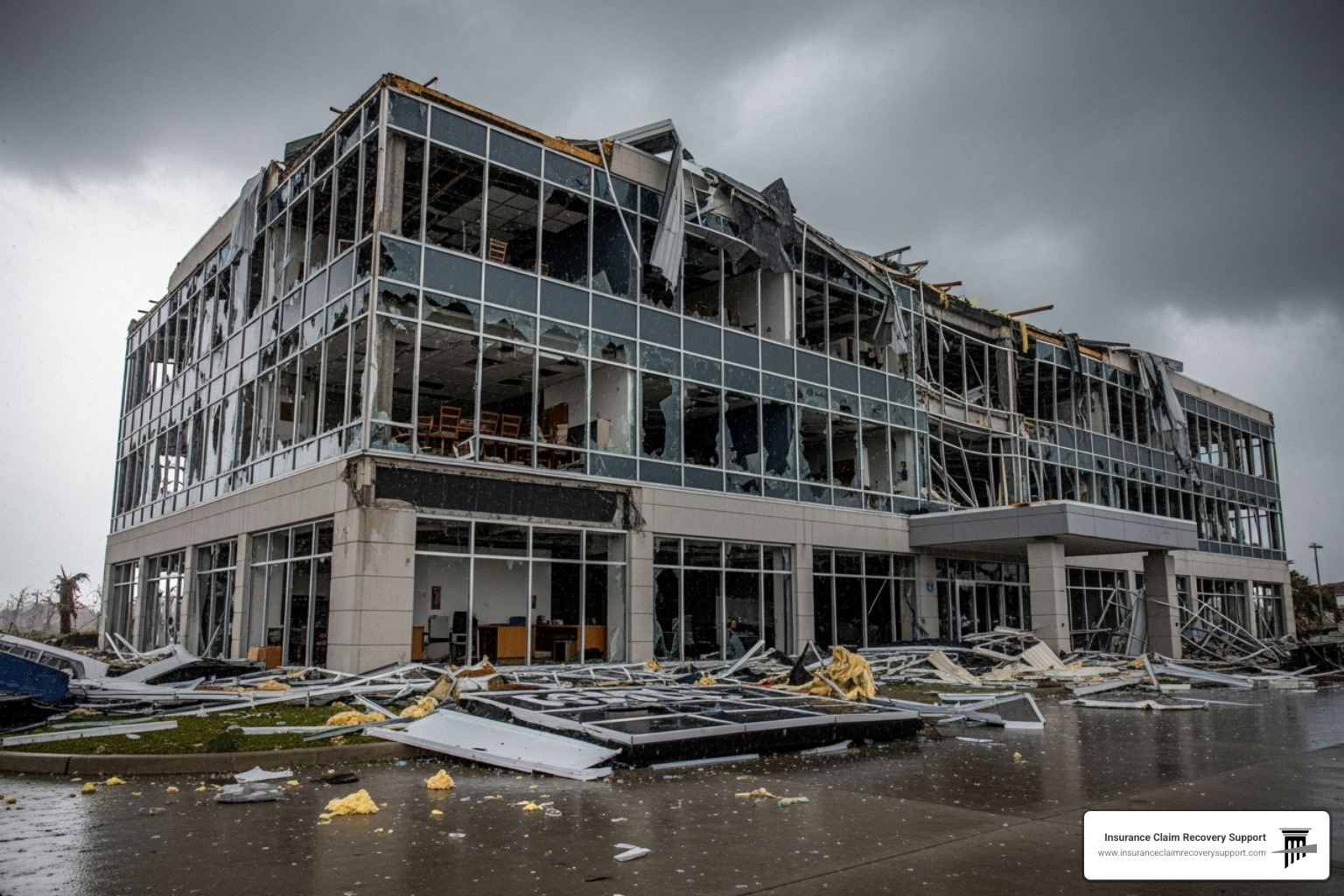Fire damage claims Houston often leave property owners feeling overwhelmed and unsure of their next steps. In the busy metropolis of Houston, navigating the complex world of insurance claims after a fire can be daunting. Here’s a quick checklist for understanding fire damage claims in Houston:
- Document everything: Photos and a list of damaged items are crucial.
- Secure your property: Make emergency repairs to prevent further damage.
- Contact your insurance company promptly: Avoid delays in the claims process.
- Understand your policy: Be aware of what’s covered and what isn’t.
- Consider professional help: Speak to a public adjuster for assistance.
Houston’s vulnerability to fires, coupled with its diverse array of properties, makes custom advice essential for handling fire damage claims effectively.
I’m Scott Friedson. With experience in managing fire damage claims Houston and settling over $250 million in large loss claims, I guide policyholders through the intricate insurance process. My aim is to ensure fair and timely settlements, helping you recover and rebuild efficiently.
Understanding Fire Damage Claims
When it comes to fire damage claims in Houston, understanding the nuances of your homeowner’s policy is crucial. Each policy is unique, but most cover the same essential areas:
Homeowner’s Policy Coverage
-
Structural Damage: Your insurance typically covers fire and smoke damage to your home and any attached structures, like garages or patios. Repairs are usually covered after your deductible is met.
-
Personal Property: Items inside your home, such as furniture, appliances, and clothing, are generally covered. However, high-value items like jewelry or art may require additional coverage.
-
Detached Structures: Sheds, fences, and other structures not attached to your home are often included in your policy. Some policies might even cover landscaping damage.
-
Loss of Use: If you need to relocate while repairs are underway, your policy usually covers living expenses like hotel bills and food.
Personal Property Protection
After a fire, your personal belongings can be severely affected by smoke, soot, and ash. Documenting these items is essential. Make a list of damaged goods, noting their age and estimated value. This documentation is vital for your claim.
Tip: High-value items might need extra insurance. Check your policy to ensure these items are adequately covered.
Structural Damage Assessment
Structural damage can be extensive. Walls, ceilings, and floors may need repairs or replacement. Professional assessments provide precise repair estimates, which are crucial for your claim. It’s wise to hire a public adjuster to verify these damages and ensure you receive the appropriate compensation.
Insurance companies often try to minimize payouts, so having a detailed claim backed by professional assessments is essential for a fair settlement.
By understanding these key aspects of your homeowner’s policy, you’ll be better equipped to steer the claims process and secure the compensation you deserve.
Steps to Take After a Fire
Experiencing a fire is overwhelming, but taking the right steps afterward can make a big difference in your recovery. Here’s a simple guide to help you through this challenging time:
1. Ensure Safety First
Before anything else, make sure everyone is safe. Once the fire is out, avoid re-entering the property until it’s declared safe by authorities. Safety should always be your top priority.
2. Conduct Emergency Repairs
After ensuring safety, focus on emergency repairs to prevent further damage. This could include covering broken windows or damaged roofs with tarps. These temporary fixes help protect your property from weather and theft. Keep receipts for any materials or services used, as they may be reimbursed by your insurance.
3. Contact Your Insurance Company
Notify your insurance company about the fire as soon as possible. This initiates the claims process and allows them to send an insurance adjuster to assess the damage. Be ready to provide them with any initial information they might need.
4. Document Everything
Documenting the damage is crucial. Take clear photos and videos of all affected areas and items. Create a detailed inventory of damaged personal belongings, noting their age and estimated value. This documentation supports your claim and can help ensure you receive fair compensation.
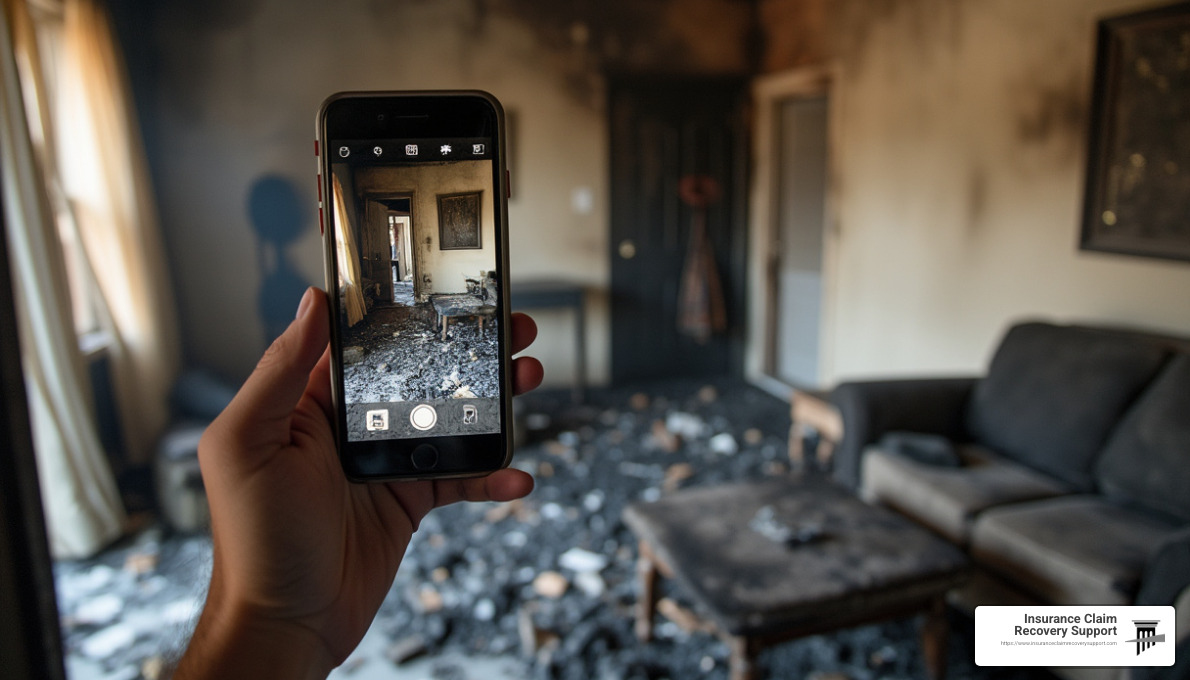
5. Meet with the Insurance Adjuster
When the insurance adjuster arrives, they will evaluate the damage to determine your claim payout. They represent the insurance company’s interests. Be cooperative but cautious. Ensure they have all your documentation and answer their questions honestly.
6. Consider Hiring a Public Adjuster
For additional support, consider hiring a public adjuster. Unlike insurance company adjusters, public adjusters work for you. They can help maximize your claim by ensuring all damage is accounted for and appropriately valued.
Taking these steps can help you steer the aftermath of a fire more smoothly, setting you on the path to recovery and ensuring you get the compensation you deserve. Next, we’ll dig into what you need to know about fire damage claims Houston, including policy coverage and the claims process.
Fire Damage Claims Houston: What You Need to Know
Navigating fire damage claims in Houston can be overwhelming, especially when you’re dealing with the aftermath of a fire. Understanding your policy coverage, the claim process, and potential compensation can make this journey a little smoother.
Policy Coverage
Every insurance policy is unique, but most homeowner’s policies in Houston typically cover fire and smoke damage. This includes structural damage to your home and detached structures like garages or sheds. It also covers personal property, such as furniture and appliances. However, high-value items like jewelry may require additional coverage.
It’s crucial to read your policy carefully. Some policies may only cover damage directly caused by the fire, while others might also include smoke and water damage. If your home was vacant for more than 30 days before the fire, your claim could be denied. Always check for specific clauses or exclusions that might affect your coverage.
Claim Process
The claim process begins when you contact your insurance company to report the fire. They will send an insurance adjuster to assess the damage. This is a critical step, as the adjuster’s evaluation will influence your compensation.
Here’s a quick rundown of the typical claim process:
-
Notify your insurer as soon as possible to start the claim.
-
Document all damages thoroughly with photos, videos, and an inventory of lost items.
-
Meet with the insurance adjuster and provide them with all necessary documentation.
-
Review the adjuster’s report and ensure it accurately reflects the damage.
-
Negotiate if needed. If you believe the compensation offered is insufficient, consider negotiating or hiring a public adjuster to assist.
Compensation
Compensation for fire damage can cover repair or replacement costs for your home and personal belongings. It may also include “loss of use” coverage if you need to live elsewhere while repairs are made. This could help with expenses like hotel bills or temporary rentals.
That insurance companies might initially offer a lower settlement. It’s essential to ensure that all damages are accounted for and valued correctly. If you feel the offer is unfair, don’t hesitate to seek professional help to negotiate a better settlement.
Common Reasons for Claim Denial
Understanding why your fire damage claim in Houston might be denied can save you a lot of headaches. Let’s break down the common reasons for claim denial and what you can do about them.
Unjust Denial
Insurance companies sometimes deny claims for reasons that might seem unfair to you. They might argue that the damage isn’t covered under your policy or that you didn’t follow the correct procedures. In Texas, policies are supposed to protect homeowners from unfair settlement practices. For instance, denying a claim without a proper investigation or failing to explain the denial is considered bad faith.
Bad Faith Practices
Bad faith practices occur when an insurance company doesn’t uphold its end of the deal. This could mean delaying your claim unnecessarily or not conducting a fair investigation. In Texas, these actions violate the state’s Insurance Code. If you suspect bad faith, it’s crucial to document everything and consider seeking legal advice. A lawyer can help you understand your rights and possibly recover more from your claim.
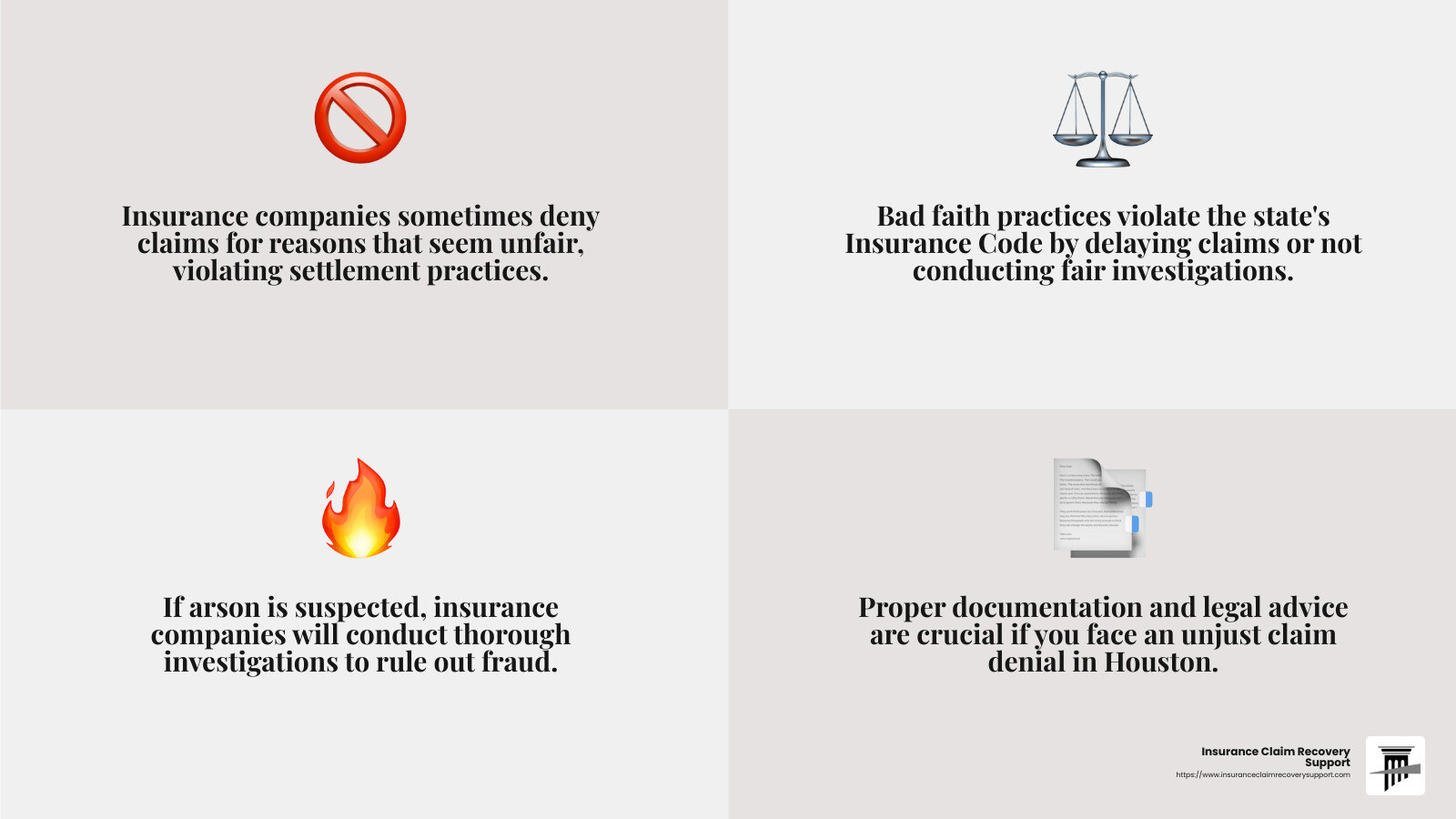
Arson
If arson is suspected, your claim could be denied. Insurance companies are vigilant about arson because it’s a common method of committing insurance fraud. If there’s any indication that the fire was set intentionally, they will conduct a thorough investigation. It’s important to cooperate fully and provide any evidence that supports your innocence if you’re wrongly accused.
Other Common Reasons
- Late Notification: Failing to report the fire promptly can lead to a denial. Always notify your insurer as soon as possible.
- Incomplete Documentation: Without proper documentation of the damage, your claim might not be approved.
- Policy Exclusions: Your policy might not cover certain types of fire damage. Always read your policy carefully to understand these exclusions.
Understanding these common pitfalls can help you steer the claim process more effectively. If you believe your claim was unjustly denied, you have options to contest the decision. Next, we’ll address some frequently asked questions about fire damage claims.
Frequently Asked Questions about Fire Damage Claims
Will insurance pay for fire damage?
Yes, most homeowners’ insurance policies cover fire damage. This includes damage to your home, personal property, and sometimes even detached structures like garages or sheds. However, coverage can vary based on your specific policy. Be sure to check your policy details to understand what is covered. Remember: High-value items like jewelry might need extra coverage.
When a fire occurs, your insurance company will send an adjuster to assess the damage. This person works for the insurance company, so their estimate might not cover everything you need. It’s wise to get a second opinion from a fire damage restoration expert. This can help ensure you get the settlement you deserve.
How long does it take for insurance to pay for fire damage?
The timeline for receiving payment after a fire can vary. Generally, the process involves several steps:
- Filing the Claim: Report the fire damage to your insurer as soon as possible. Delays in filing can complicate the process.
- Adjuster Visit: An insurance adjuster will visit your property to evaluate the damage.
- Claim Processing: Your insurer will review the adjuster’s report and any additional documentation you provide.
- Settlement Offer: Once the claim is approved, you’ll receive a settlement offer.
If everything goes smoothly, this process can take a few weeks to a couple of months. However, if there are disputes or additional investigations, it might take longer. Keep detailed records and follow up regularly to help speed things along.
Why was my fire claim denied?
There are several reasons why your fire damage claim might be denied:
- Incomplete Documentation: If you don’t provide enough evidence of the damage, your claim might not be approved. Take photos, save receipts, and keep records of all expenses related to the fire.
- Policy Exclusions: Your policy might exclude certain types of fire damage, such as those caused by negligence or arson.
- Late Notification: Failing to report the fire promptly can lead to a denial. Always notify your insurer immediately after a fire.
- Investigation Results: If an investigation suggests the fire was intentional (arson), your claim could be denied.
If your claim is denied, review the denial letter carefully. It should explain the reason for the denial. If you believe the denial is unjust, you can appeal the decision. Consider seeking legal advice if you suspect bad faith practices.
Conclusion
When dealing with fire damage claims in Houston, having a strong advocate on your side can make all the difference. This is where Insurance Claim Recovery Support steps in. We are dedicated to ensuring that policyholders receive the maximum settlement they deserve.
Why choose us? Our team specializes in navigating the complex world of insurance claims. We focus on advocating for you, not the insurance company. Our goal is to secure the best possible outcome for your situation, whether you’re in Houston or anywhere else in Texas.
Policyholder Advocacy: We understand that after a fire, the last thing you need is to struggle with insurance claims. Our public adjusters work exclusively for policyholders. We handle the intricacies of the claim process, allowing you to focus on recovery.
Maximum Settlement: We carefully document every aspect of your claim. Our expertise in fire damage claims ensures that nothing is overlooked. We negotiate firmly with insurers to ensure you receive a fair settlement.
If you’re facing the aftermath of a fire, don’t steer it alone. Let us be your guide and advocate. Visit our service page to learn more about how we can assist you with your claim. We’re here to help you rebuild and recover, ensuring that you receive the compensation you rightfully deserve.

